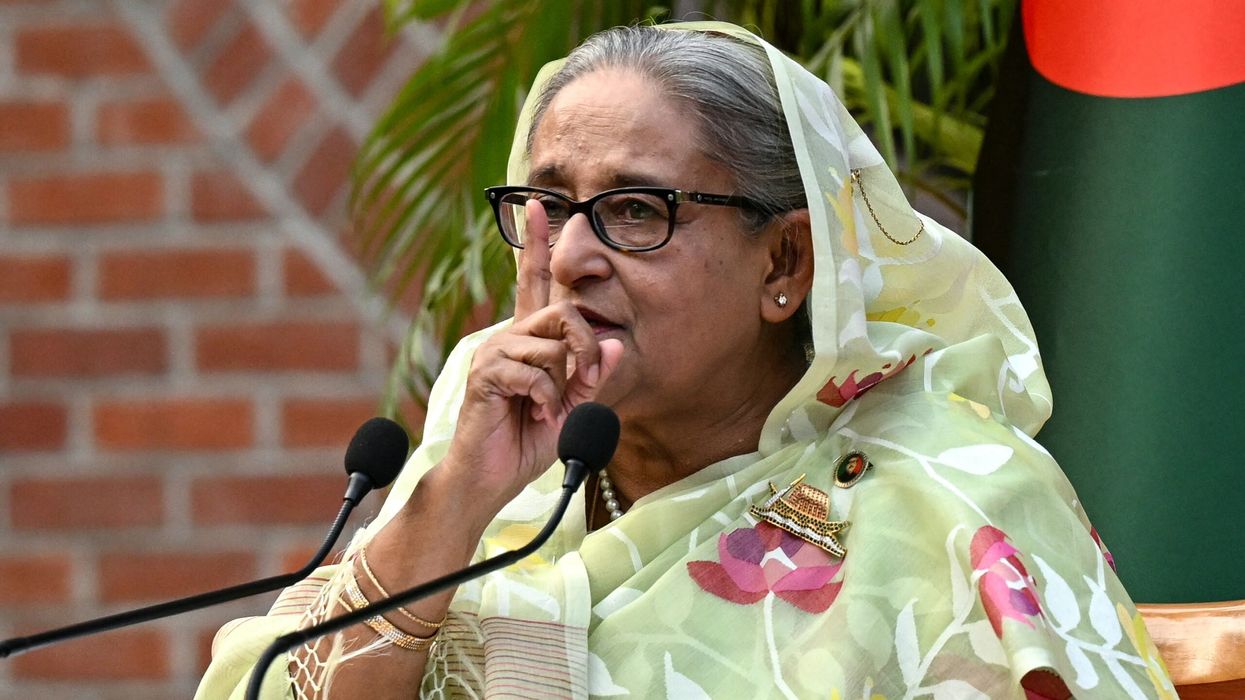THOUSANDS of people missed out on potentially life-saving treatment in England between mid-February and May-end because of the coronavirus outbreak, shows research.
There were around 5,000 fewer hospital admissions with heart attacks by the end of May. Researchers have also found similar patterns in several other European countries, and America, during the pandemic.
Researchers at the University of Oxford, worked with NHS Digital, in collaboration with experts from the University of Keele, the University of Leeds, Imperial College London, University College London, Barts Health NHS Trust and the Royal Brompton and Harefield NHS Foundation Trust to carry out the study which was published in The Lancet.
According to the study, which compared weekly rates in 2020 with rates in 2019, admissions due to full block in artery fell by nearly 23 per cent. Admission for heart attacks caused by a partial blockage of blood supply to the heart fell by 42 per cent.
The study also found an increase in the proportion of patients receiving procedures to open blocked arteries on the day of admission, and a reduction in the length of stay.
“Our study shows that far fewer people with heart attacks have attended hospital during this pandemic. It is important that anyone with chest pain calls an ambulance immediately, because every minute of delay increases the risk of dying or experiencing serious complications from a heart attack," said Dr Marion Mafham, clinical research fellow at the Nuffield Department of Population Health, University of Oxford and lead author of the study.
"By delaying or not going to hospital, people with heart attacks are at much greater risk of dying from their heart attack than catching the coronavirus," said Professor Colin Baigent, director of the medical research council population health research unit at the University of Oxford.
"We’re extremely concerned about the estimated 5,000 heart attacks ‘missing’ from the UK’s hospitals throughout this pandemic," said Dr Sonya Babu-Narayan, associate medical director at the British Heart Foundation.
“These troubling statistics point to people delaying seeking care for their heart attack, risking death or long-term heart damage. A&E attendances for possible heart attacks appear to have bounced back to normal levels, partly thanks to campaigns urging people to seek help if they experience symptoms."






 John Dramani Mahama welcomes Modi on his arrival in Accra last Wednesday (2)
John Dramani Mahama welcomes Modi on his arrival in Accra last Wednesday (2) South Africa’s president Cyril Ramaphosa, Brazil’s president Luiz Inacio Lula da Silva, Modi and China’s premier Li Qiang at the Brics summit last Sunday (6)
South Africa’s president Cyril Ramaphosa, Brazil’s president Luiz Inacio Lula da Silva, Modi and China’s premier Li Qiang at the Brics summit last Sunday (6)












